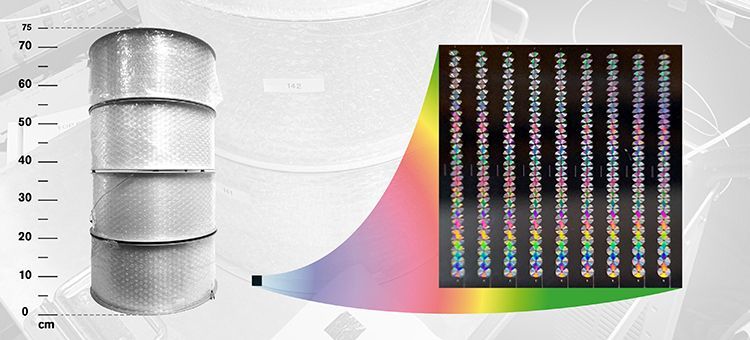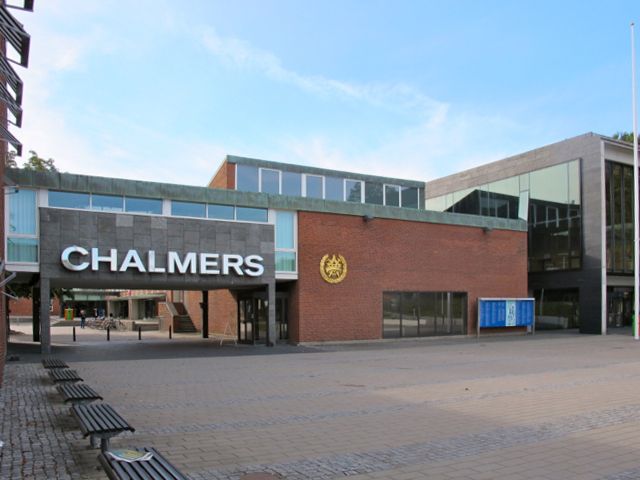
An almost microscopic amplifier can create completely new possibilities for optical communication via, for example, fiber optic cables or laser beams. Researchers at Chalmers University of Technology have designed an amplifier that is a thousand times smaller than currently available models and reduces noise significantly.
Optical amplifiers are needed because the light signals quickly lose strength. For example, a signal loses 99 percent of its strength after traveling 100 kilometers through a fiber optic cable. This means that many expensive amplifiers are needed for the signals to be strong enough even over relatively short distances.
The new amplifier has significantly better performance than today's models and is able to send signals further. This means that fewer amplifiers are needed, which in turn reduces the cost.

The amplifier also solves another problem, namely excess noise. The noise degrades the quality of the signal, but the Swedish researchers now say that they have solved it.
"We have developed a world-unique optical amplifier that does not generate any excess noise. It also shows evidence of a previously unparallelled performance", says Peter Andrekson, professor at Chalmers and the person who has led the study, in a press release.
The amplifier fits in a small chip that is only a few millimeters large. The fact that it is so small means that the amplifier can be used in more unusual applications such as quantum computers and in instruments for atmospheric measurements.
"Now opportunities open up to use the technology in a number of practical applications. Since it is possible to build the amplifier into very small modules, you can get cheaper solutions with much better performance. It should be very interesting for commercial players in the long run", says Peter Andrekson.
On the whole, researchers hope that their amplifiers will be able to revolutionize optical communication.
"The progress can be compared to going from an older telephone modem to a modern broadband with high speed and quality", says Peter Andrekson.




